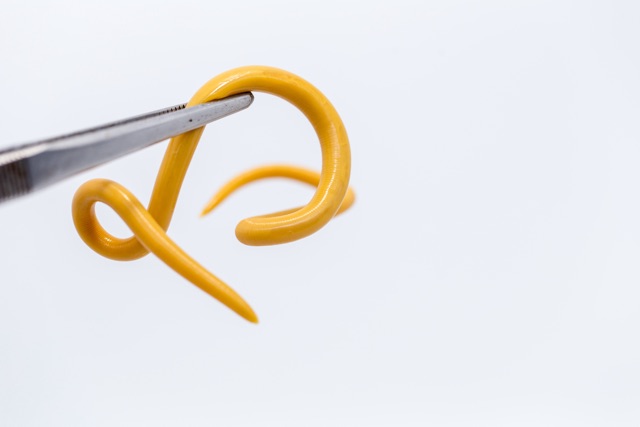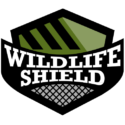
With their cute, covered faces and playful ways, raccoons can catch our attention from far away. But the cuteness goes away when these smart animals move into our homes and leave behind droppings that are very bad for our health. Pathogens and bugs can be found in raccoon poop, so it’s important to clean it up and disinfect it properly. In this thorough guide, we’ll talk about the health risks of raccoon poop and give you important tips on how to clean and cleanse your home and family to keep them safe.
Knowing the Health Risks: A Secret Danger
The raccoon roundworm (Baylisascaris procyonis) is one of the dangerous microorganisms that can be found in raccoon poop. If people accidentally eat or breathe in these tiny eggs, it can be very bad for their health. Some of the most common signs are nausea, stomach pain, and, in the worst cases, damage to the nerves.
Airborne Spread: Dangers of Inhalation
When raccoon poop dries out, it can release tiny germs into the air. When these spores are breathed in, they can get into the respiratory system and cause diseases there. During cleanup, precautions must be taken to stop these dangerous agents from getting into the air.
Skin and eye irritation can happen if you touch it directly.
Skin and eye irritation can happen if you touch raccoon poop or objects that have it on them. The poop may have germs in it that, if it gets into open wounds or other sensitive areas, can cause infections and pain.
How to Clean Up Safely: Precautions
Make sure you have the right safety gear before you start cleaning up. To avoid getting harmful particles on your skin or in your lungs, you must wear disposable gloves, a mask, and protective glasses.
Wet Cleanup: Limiting the spread of pollution in the air
To reduce the chance of spreading through the air, it is best to clean up with water. Use a cleaning solution to wet the feces and the area around it before carefully removing it with paper towels or rags.
Getting rid of trash: how to do it safely
Put all the trash, like feces, gloves, and cleaning supplies used to clean up, in two bags. Close the bags tightly and throw them away according to the rules for toxic waste in your area.
Cleaning: Getting rid of harmful pathogens
All surfaces that came in touch with raccoon feces, including floors, walls, and anything else nearby, should be cleaned thoroughly. To make sure that harmful germs are killed, use a commercial disinfectant or a mixture of bleach and water (1:10).
Ventilation: Keeping the air inside from getting dirty
During cleaning and sanitizing, make sure there is enough air flow by opening windows and using fans to send air outside. This helps to lower the number of possibly dangerous particles in the air inside.
Professional Cleaning: Help from Experts
For large or highly polluted areas, you might want to hire a professional cleaning service. Wildlife experts have the tools, safety gear, and knowledge to deal with raccoon poop in a safe and thorough way.
Preventive Steps: Preventing Future Pollution
After you’ve cleaned up, take steps to keep rats from coming back. To keep raccoons from coming back, keep trash cans closed, trim tree branches near your house, and seal any possible entry spots.
Because raccoon poop can be dangerous to your health, it’s important to clean it up and cleanse it properly. To avoid being exposed to harmful pathogens as much as possible, it is important to wear the right safety gear, clean up with water, and disinfect thoroughly. By cleaning up raccoon poop right away and taking other precautions, you can protect your family and home from the health risks that come with these clever animals. Remember that safety is the most important thing when cleaning up raccoon poop, and you may need help from a professional for a bigger job. By taking these steps, you can make your home safer and enjoy the peace of mind that comes from not having raccoons.
